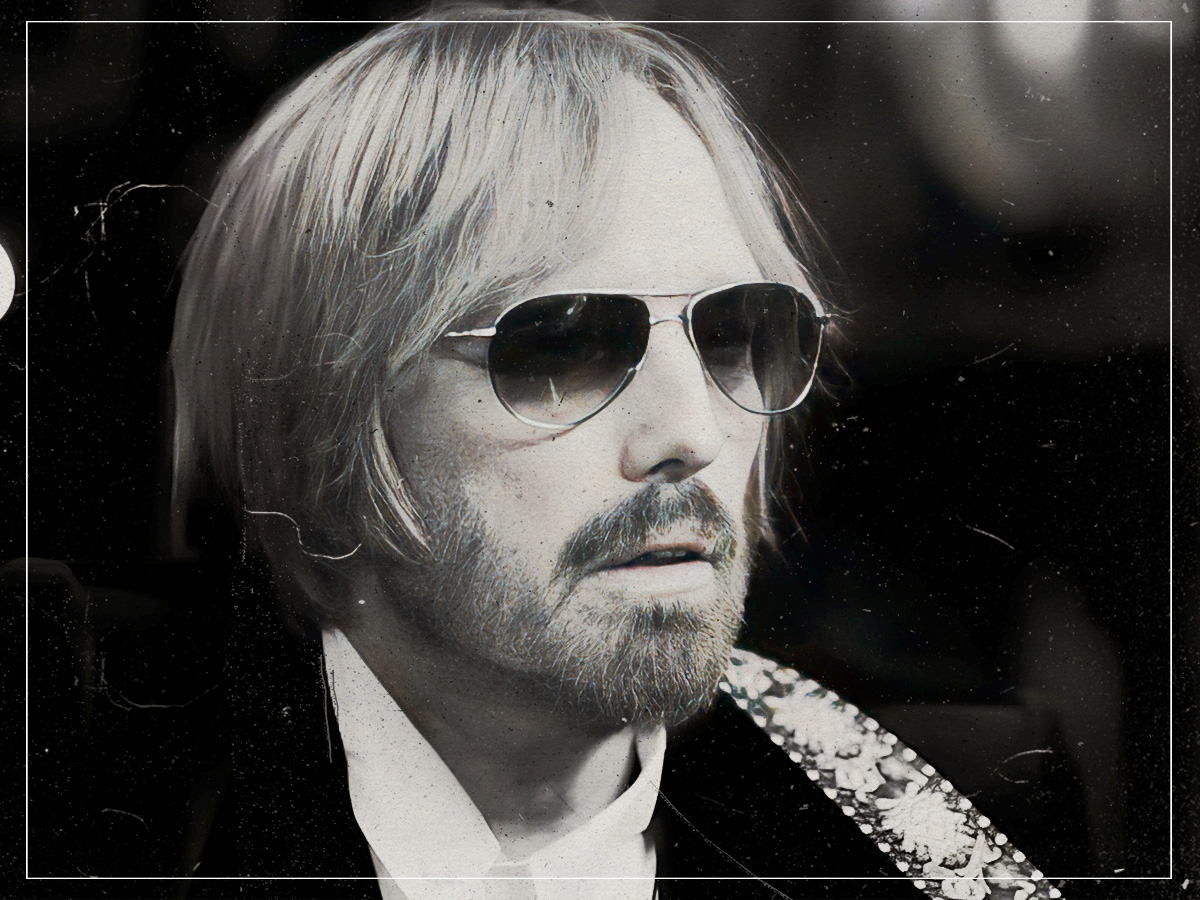
(Credits: Far Out / YouTube Still)
Wed 14 May 2025 18:45, UK
There’s always talk about the power of personal art. It’s something revered as an act of true bravery for an artist to boldly put themselves into the picture and say it how it is, lifting the veil on their inner lives but still keeping a beautiful sheen of artistry. Yet to the artists themselves, they often don’t see that twinkling, protective wash of poetry. Instead, they sometimes just see a wide open wound they’re revealing to the world – or that’s how it felt for Tom Petty.
There’s no denying that personal art is powerful; that’s the work that makes people feel less alone. Written from the perspective of one person’s lived experience or deepest emotions, hearing someone sing it makes listeners feel seen and recognised. Even the most specific experiences will be able to find a kin in someone else. They say no man is an island, and personal art proves it as people naturally yearn for connection and to relate to one another.
While that’s maybe a motivation for things to be released as an artist too hopes to find that connection and hopes to be the spark that starts it, it doesn’t make the writing any easier, and it doesn’t make it any less scary.
Imagine tearing the most emotional page out of your diary, setting it to music and releasing it. It would feel exposing, right? Deeply vulnerable, even somewhat violating to a degree, leaving you feeling like you were standing naked in front of the world. Even for artists whose careers were built on putting feelings to music, what’s on the diary page sometimes makes it feel more sensitive.
‘Running Man’s Bible’ was a particularly emotional page, but Tom Petty put it out anyway. It was something he’d wanted to try and write for a long time, but that exact fear of being too exposed held him back every time. But as the grief he felt towards the loss of his bandmate endured, he knew he needed to say it.
“I’d always wanted to deal with Howie’s death,” he said, addressing the loss of Howie Epstein, the Heartbreakers’ bassist from 1981 to 2002. In the end, Epstein was fired due to addiction issues worsening his mental state and performance. In 2003, he sadly died from drug use.
It devastated Petty. Epstein was a treasured friend and collaborator with the artist, stating years before, “You gotta love him, I don’t know if I ever tell him how good he is.”
But as his addictions worsened, it also proved deeply confronting to Petty and his own history of heroin habit. “I don’t speak of out lasting those who are gone / Or the things I’ve done / I care not to remember,” he sings in the song as Epstein’s death made him face up to the miracle of his own survival of addiction.
Pairing grief and a reflection on a dark period, it made the track incredibly tender and vulnerable. Petty knew he wanted to put it out to honour his friend and these feelings, but it didn’t make it any less scary. “It’s one of those embarrassingly revealing songs,” he said, but no doubt many people around the world have benefited from and related to Petty’s openness on the track.
Related Topics
Subscribe To The Far Out Newsletter
